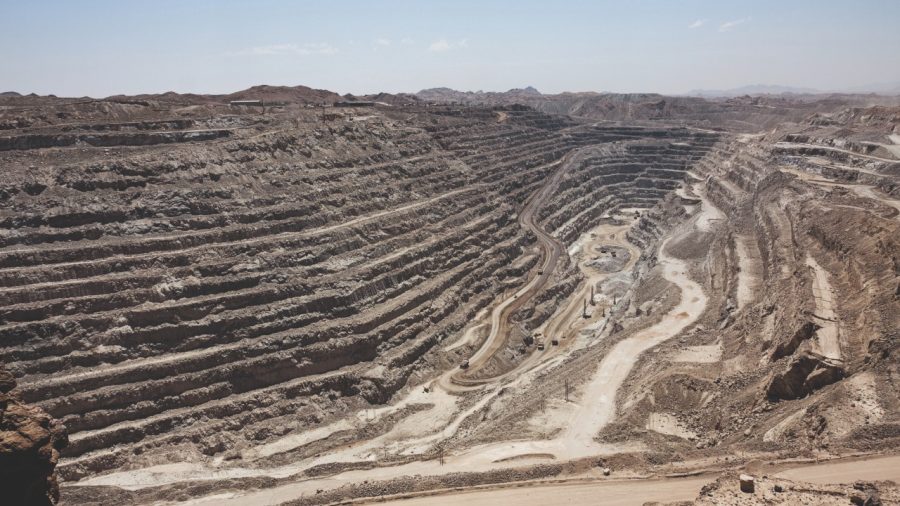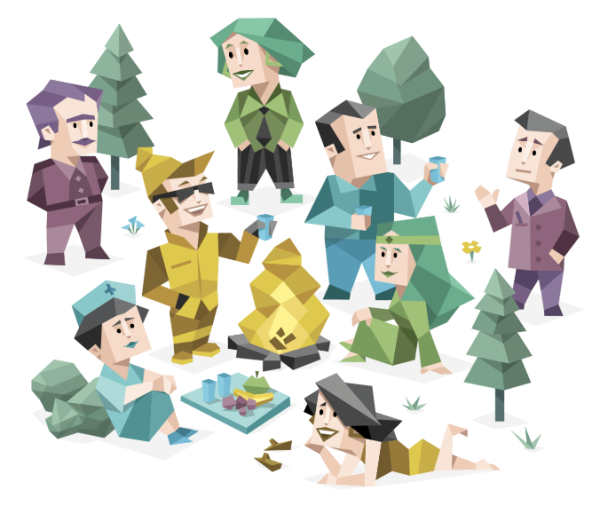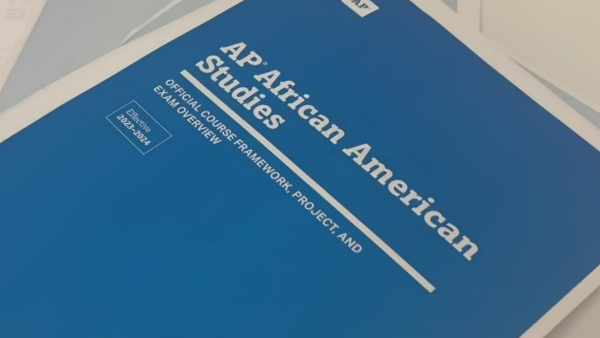Should we stop Uranium mining?
THE FACTS
Uranium is mined in order to recover natural minerals and is used to power nuclear power plants. According to the World Nuclear Association of 2021, in the last 60 years Uranium has become one of the world’s most important energy minerals. It is one of the most important electricity sources for the United States. Due to the important role it plays, people too often turn a blind eye to the extreme environmental effects and harm it inflicts upon the Native American community.
THE REASONING
Right now, this exploitation of indigenous land is encroaching upon the fundamental rights of Native Americans.
More than a century of hard rock mining has left a legacy of 160,000 abandoned mines in the Western USA, the majority on Native American lands. But the way our policies are shaped, the number is bound to increase. According to Yale School of Environment in 2020: It’s cheaper for a corporation to pollute native communities than white communities. Leaving them as undeniable targets. The low cost of mining in Native American communities has been driving the US government to strip the natives of their basic right to clean water, land, and food.
If we end Uranium Mining we will stop this lopsided persecution. Here’s a fun fact: trying to stop Uranium mining isn’t even a first. Decades ago, Congress knew we needed to take action against Uranium mining According to The Comprehensive Environmental Response, Compensation, and Liability Act from 1980 to 2020: mining is inextricably linked to radiation. Columbia University in 2005 found that when radiation contaminants seeped into water, it created a death rate 20% higher. Our predecessors penciled in our thoughts of ending mining for good, it’s time to write them down in pen— especially with the damage it does. Just because we didn’t use guns and bullets doesn’t make the blood we’ve spilled any less horrific.
THE IMPACT
Ending Uranium mining shields our environment. According to Stanford University in 2017: Chemical contaminants that seep into a marine environment starve and kill 34% of marine animals, disrupting integral food chains. Marine life will die by mass numbers, and if we don’t do anything, we might lose the majority of our life underwater. The Environmental Defense Fund in 2021 explains how if marine ecosystems continue to be ravaged, malnutrition increases 24%. People’s health and wellbeing will pay the price.
THE CONCLUSION
In the end, the importance lies in stopping Uranium mining. Both to protect the environment and the safety of indigenous people, it is important to start our efforts now.

Grade: 10th
Years on Staff: 3
Why are you writing for the Flintridge Press?
The privilege of being able to write, freely and expressively,...












